What is Public Engagement
Why Engage?
We know that everyone won’t agree on everything all the time. That’s OK- Exchanging ideas through respectful conversations is one way you can help make sure that decision-making is well informed.
Share Your Experience
By sharing your knowledge and opinions, exchanging ideas, and offering feedback, you can help build Hanna.
Communicate
The exchange of ideas through respecful debate and conversations can lead to real improvements in our community.
Public Engagement Process
Key Dates
- Week of Aug 19: Education phase begins.
- Week of Sept 3: Public Engagement phase begins.
- Sept. 16: Non-statutory public hearing.
- Sept 22: Public Engagement phase ends.
- Oct. 8: Refine phase begins.
- Nov 18: Decision phase begins.
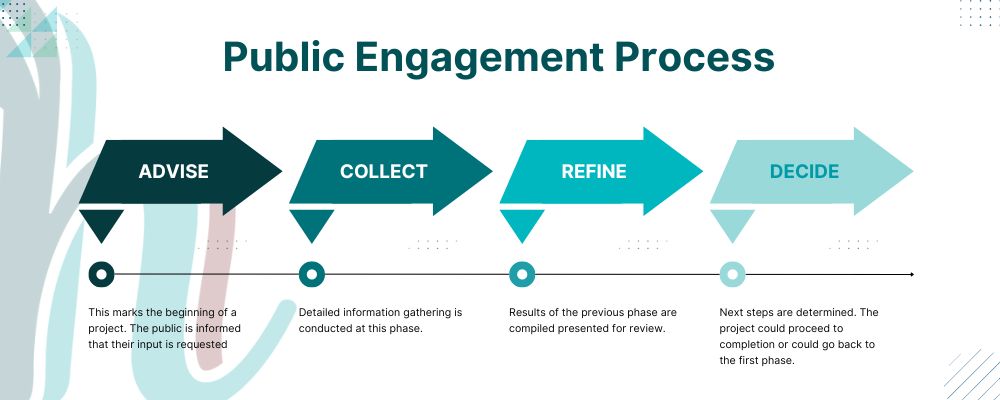
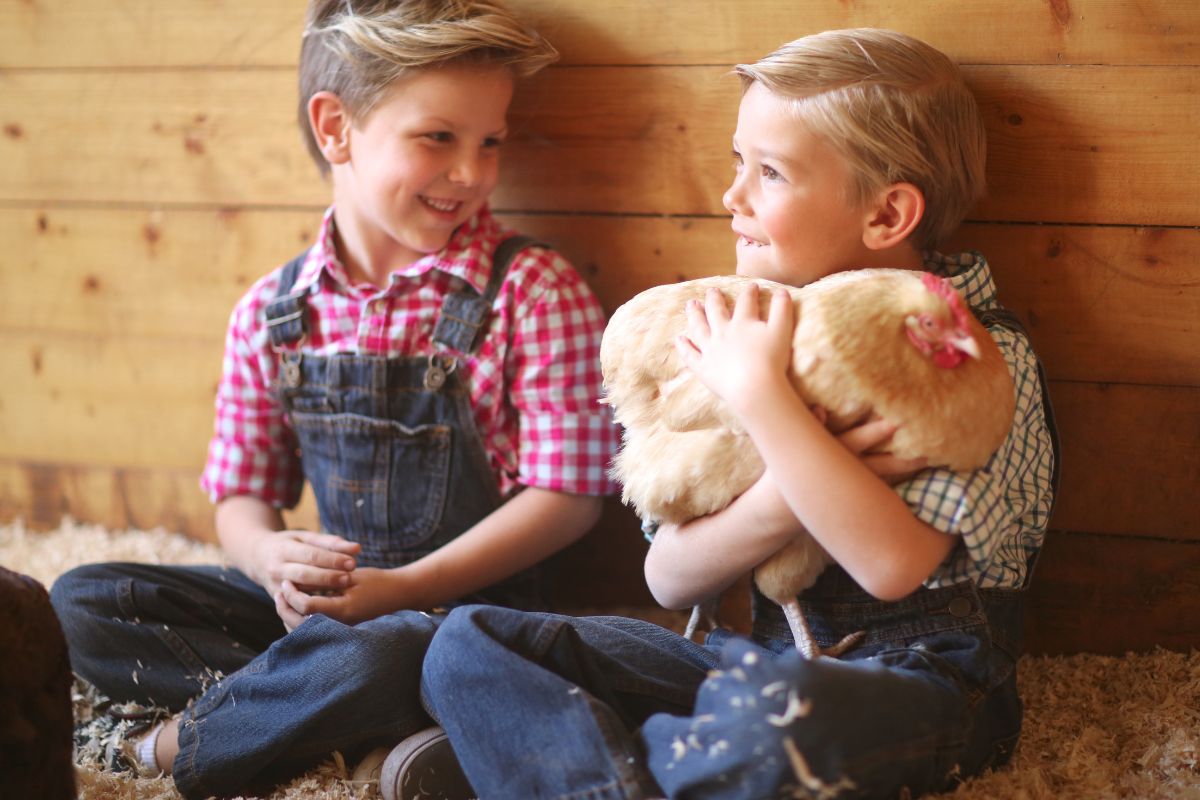
Educate
Aug 19
Become informed.
Do your research.
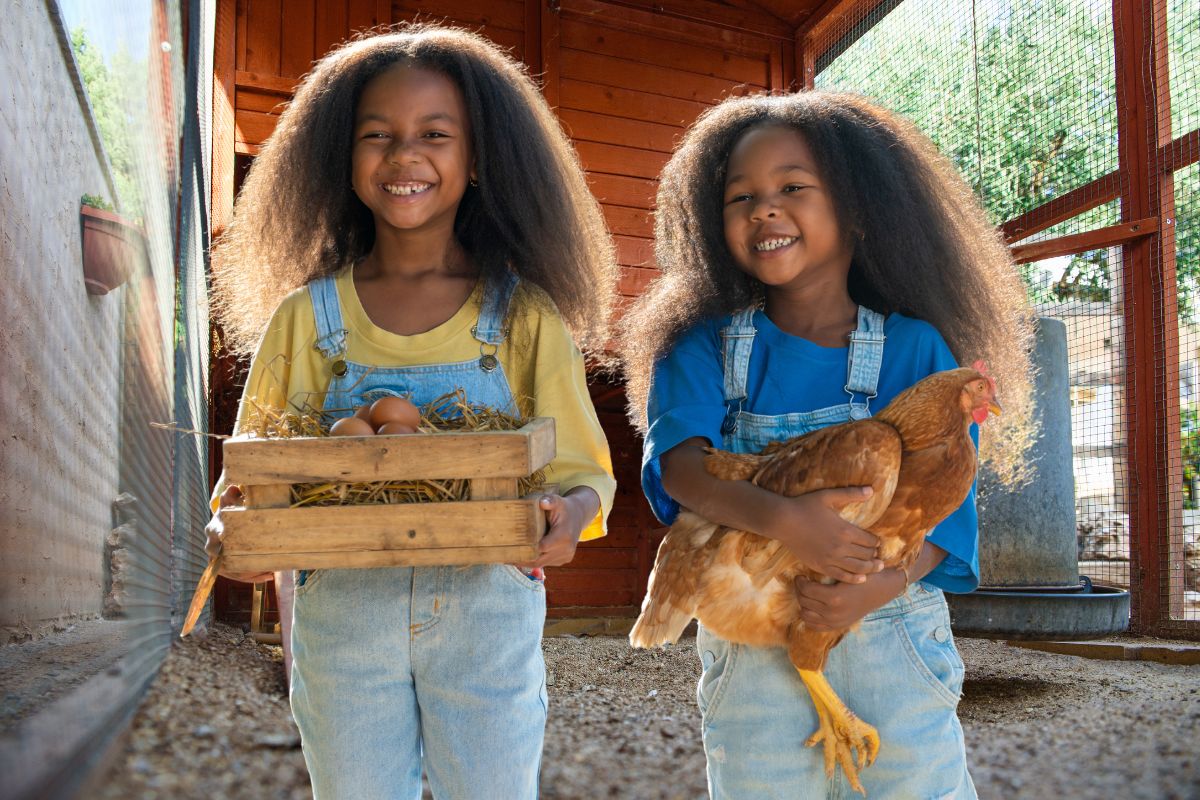
Collect
Sept 3
Use your knowledge.
Participate effectively.
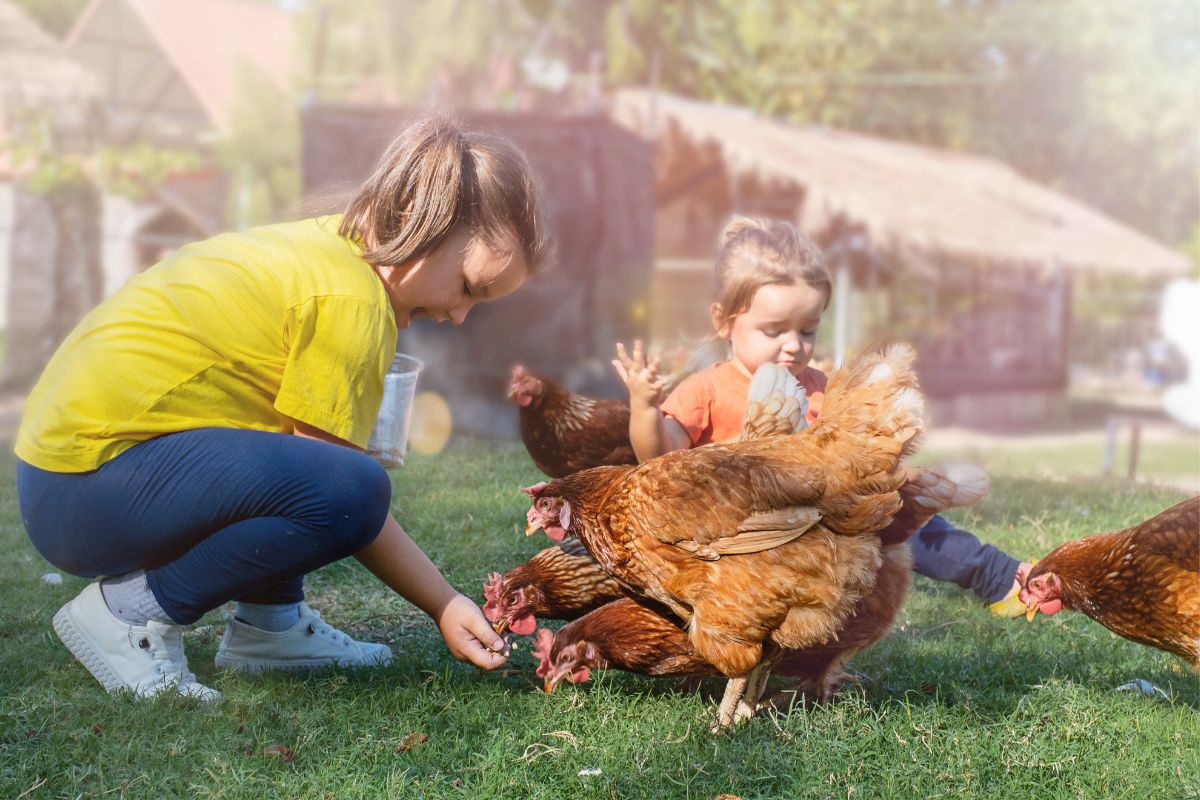
Refine
Oct 8
Summary comes before council.
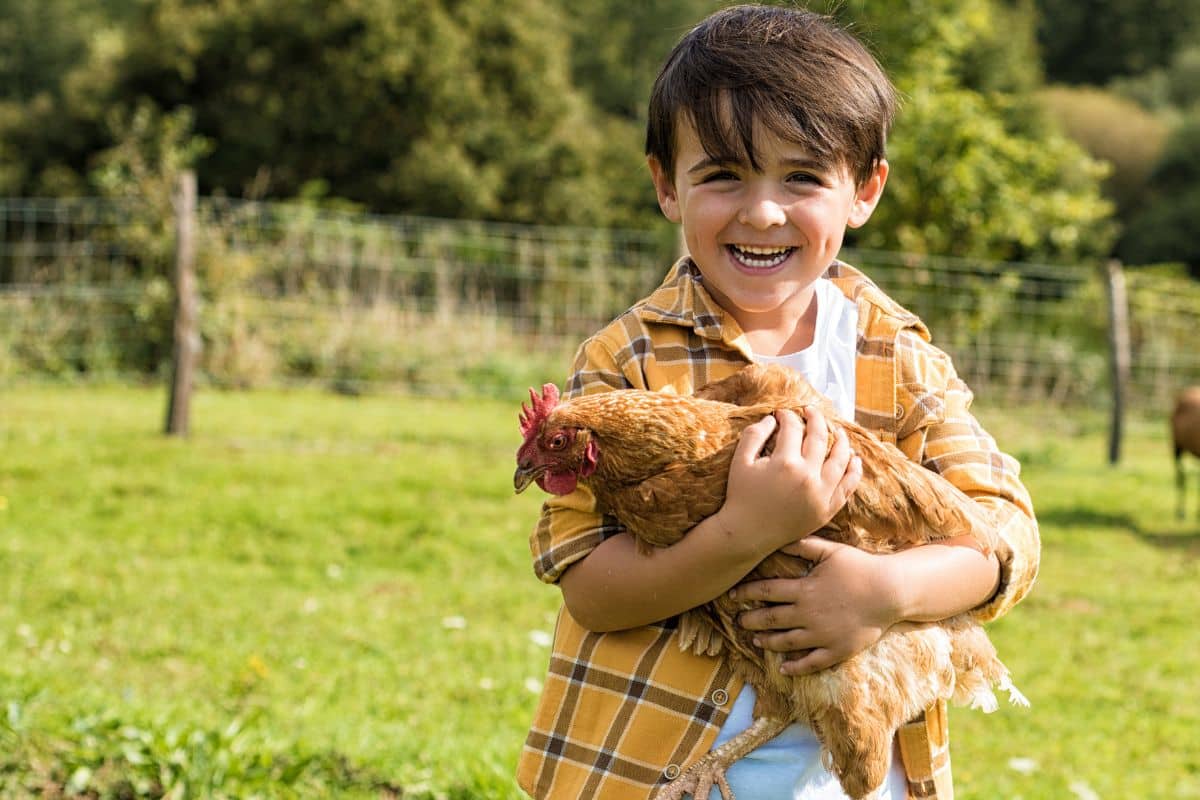
Decide
Nov 12
Revised bylaw brought forward.
Educate
Begins Aug 20
This is the education phase of the project. Residents are asked to do their homework, talk to friends, neighbors and family and gather information so they can become informed to respond during the Engagement Phase.
Collect
Begins Sept 3
This is the Public Engagement phase. Residents are asked to take the knowledge they have gleaned in the first phase and apply that information to good decision making. Then proceed to complete the online survey or submit correspondence in support or against Bylaw 1035-2024.
- See Press Release dated Sept 3.
- See Press Release dated Sept 6.
- Complete Survey (Opens Sept 6. Closes Sept 22.)
- Attend Non-Statutory Public Hearing on Sept. 16 at 6:30 pm at the Town Office.
- Email hens@hanna.ca
- Mail: Town Office, Box 430, Hanna T0J 1P0 (correspondence without identity will not be considered or included in the results report.)
Refine
Begins Sept 28.
The third phase is to review the results of public engagement and refine the draft bylaw.
- See Press Release (coming soon):
- Staff to collect and prepare results report.
- What We Heard Report comes before Council.
- Oct. 8, Bylaw amendments, if any, are recommended to Council.
Decision
Nov 12
- Press release
- Revised Animal Control bylaw comes before Council for 2nd and 3rd reading.
Implement
- See Press Release
- Application procedure, forms and licensing documents are prepared.
Understand the Bylaw
Documents
What We Heart Report
Oct 2024
Bylaw 808
existing
Bylaw 1035-2024
proposed
Fees and Charges
proposed
The Highlights
Frequently Asked Questions
Doesn't Hanna already have an animal control bylaw?
Yes, however there have been discussions and requests over the years about keeping hens on private property. Holding a public engagement process is a way for residents to provide feedback on implementing proposed changes to the existing animal control bylaw.
Why are changes being proposed to the animal control bylaw?
Pets are important to Hanna citizens and the Town want to ensure the safety of not only those pets, but all residents.
Will anyone be able to keep chickens?
No, only those who meet regulations and are municipally licensed will be permitted to legally keep chickens in residential areas.
What will be the intent of the proposed Animal Control Bylaw 1035-2024?
If approved, the proposed Animal Control Bylaw will be updated to reflect today’s standards to meet all existing legilation and uses modern terminology. It will also include the regulation and control of keeping chickens on a property within town limits.
What will the regulations be for keeping chickens in town limits?
Some of the regulations, pertaining to hen-keeping that are proposed in the Animal Control Bylaw 1035-2024 are:
- A maximum of 4 hens per household.
- Requirement to obtain a Premises Identification (PID).
- Completion of an Urban Chicken Training course.
- Approval of the location and size of the outdoor coop or structure.
- License fee of $50/hen.
- Roosters are not permitted.
Will a license be required to keep chickens?
A municipal license will be required to keep chickens.
What will the licensing process look like?
As the Bylaw proposes, an applicant will need to meet quite a few requirements in order to sucessfully qualify for a license.
- An inspection of the yard and enclosure.
- Notify all adjoining neighbors of the intent to apply for a Hen License.
- Obtain a Premises Identification (PID) under the Animal Health Act.
- Complete an Urban Chicken Training Course and provide proof of completion.
- Provide name, address and contact information for the Hen Keeper.
- Provide a copy of a Certificate of Title for the subject property.
- Provide written permission t o keep hens on t he subject property from the registered owner if the Hen Keeper is not the registered owner.
- Provide a drawing showing the location and size of the coop or outdoor structure with associated setbacks.
- Completion of an inspection of the property and coop to ensure all requirements have been met.
How many chickens can a resident be allowed to keep?
Bylaw 1035-2024 suggests that a maximum of up to 4 hens per property be permitted. Chickens need to be four months or older in age to ensure they are hens, not roosters.
Can eggs or by-products be sold?
To mitigate public health risks the hens are for personal use only. Thesale of chicken products including eggs, meat and manure is suggested to be prohibited.
I have dogs and I worry about them sharing a fenceline with hens.
Hen Licence holders are considered similar to a neighbour having any other kind of pet, and both neighbours are responsible for managing fence line interactions.
Coyotes travel around Hanna at night. Are they likely to be attracted to the hens?
Poultry are often prey for foxes, skunks, racoons, cats, dogs and yes coyotes so proper enclosures are required. Weasels and rodents may be attracted to food, water and the eggs laid. Coops are to be in good repair, provide warmth, insulation and be secure enough that predators can not enter.
Don't chickens smell? How do I know this won't become an issue?
Chickens are quite messy when it comes to the amount of manure produced. A single chicken can produce upwards of 10 lbs of manure each month. License holders are required to be responsible pet owners and keep their hen enclosures in good repair and sanitary conditions to prevent nuisance conditions.
Feed is to be stored in a fully enclosed, non-penetrable container. Food and water containers are to be kept in the coop. Leftover feed and manure are to be removed in a timely manner. Manure is to be stored in a fully enclosed container and store no more than 85 litres (3 cubic feet) on the property.
What is the lifespan of a chicken?
Chickens can live 6 to 8 years, depending on the species and most flocks will produce eggs for 3-4 years with proper animal care.
How will people humanely dispose of sick or old chickens?
Hens that are no longer wanted or have deceased by natural causes are to be double bagged and taken to a registered veterinarian, farm, or abattoir that is lawfully permitted to dispose of hens.
How to Be Heard
Methods of Engagement
Mail a Letter
Box 430
Hanna, AB
T0J 1P0
Fill the Survey
Open Sept 6 to Sept 22
Click Here
Open House
Attend Sept 16
Location and Time TBA
Send an Email
The email address is:
hens@hanna.ca
Any correspondence, electronic or otherwise will not be considered if the writer is not identified.
What We Heard
The Process and Results
No Results Found
The page you requested could not be found. Try refining your search, or use the navigation above to locate the post.

